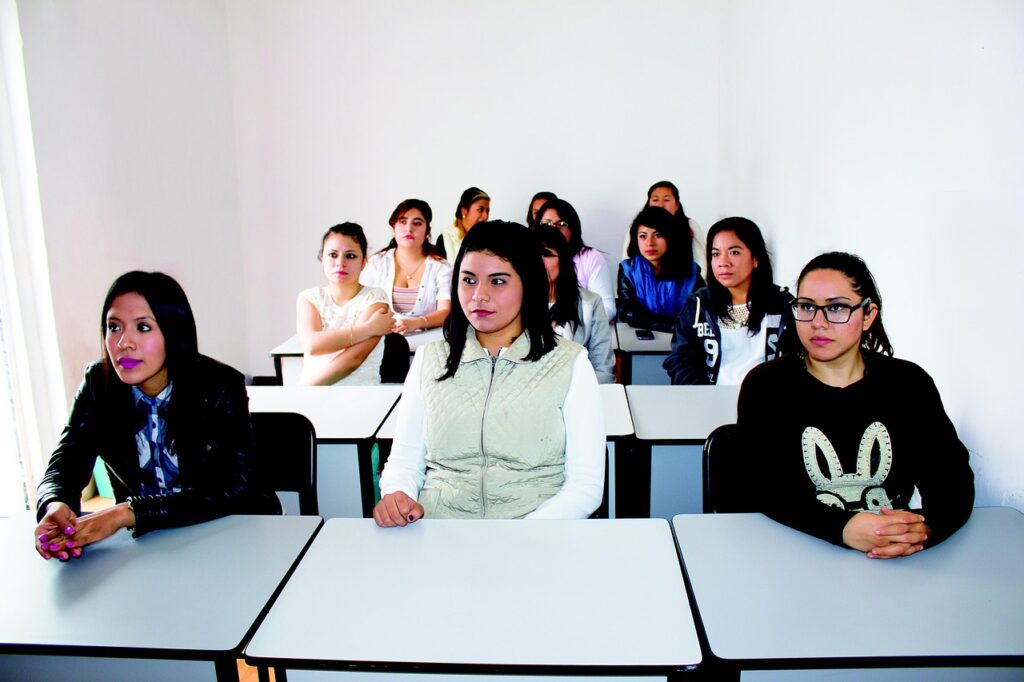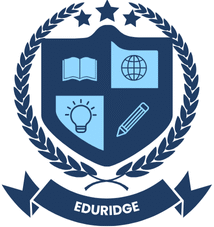The United States of America is the academic playground of many foreign students’ dreams. Many students choose to further their education in the United States because of its prestigious universities, diverse academic offerings, and abundant job opportunities. You must, however, finish the interview for a student visa to the United States before you can even think about packing your bags.
This interview is a part of the F-1 visa application process, which allows international students to attend approved U.S. universities full-time. Interviews at U.S. embassies and consulates provide you the chance to demonstrate that you are an honest and dedicated student.
In this detailed tutorial, we will discuss the most common interview questions for US student visas, the criteria that visa officers use to make decisions, and the best ways to prepare for the interview to increase your chances of approval.

The Interview for a Student Visa to the United States: Why Is It Crucial?
The student visa interview is crucial since it is usually the final stage before getting your F-1 visa. Examined by visa officials are your:
-
Preparedness for college
-
Financial resources
-
Mastery of the English language
-
Links to your home country
-
Objectives for when you finish school
They are checking to see if you are a real student and not an illegal immigrant trying to get a student visa.
Interview Tips for Everyone
Before you answer any of the questions, keep in mind these guidelines:
-
Truthfulness Is Key: Subsequent prohibitions or visa denials may arise from providing false information.
-
Show up when called: Your admission letter, transcripts, proof of funds, SEVIS receipt, and I-20 form should all be readily available.
-
Get to the point quickly and in a way that everybody can comprehend. Visa interviews usually don’t last long.
-
Your nonverbal cues, like as tone and body language, carry weight. Be confident and maintain eye contact while speaking.
Standard Questions for Student Visa Interviews in the United States
The following is a list of the most frequently asked questions (and their respective categories) about the F-1 visa interview.
1. Questions Regarding Your College and Major
The purpose of these enquiries is to help the immigration officer have a better understanding of your academic history and the circumstances that brought you to the United States for higher study.
-
First Question: Why did you choose to attend college in the US?
Present convincing evidence of why studying in the US offers greater opportunities than in your own country. Get down to brass tacks about the course offerings, teaching staff, research facilities, and experiences abroad. -
Second Question: Why did you decide on this particular university?
Make special note of details like the school’s location, faculty, rankings, curriculum, and scholarship opportunities. Avoid being general and instead provide specifics. -
Q3: What brought this particular college to your attention?
Be forthright. Whether you heard about it through word of mouth, an education fair, or online research, be sure to provide a thorough explanation. -
Fourth Question: What is your intended major, and why?
Be enthusiastic and committed. Picking a research subject requires careful consideration of your academic interests and future goals. -
Asking number five: What kind of degrees have you earned?
Give a brief synopsis of your academic record, focussing on your most impressive grades and notable achievements.
2. Issues with Financial Capability
The United States has very expensive tuition and living costs, so consular officials will want to know if you can afford to study here.
-
Q6: How is your education being funded?
Please provide a detailed answer. Please specify if the funding comes from a relative, a scholarship, your parents, or a loan. -
Q7: Describe your sponsor’s job.
Give specifics about your employment, including your title, company, and annual income, if requested. -
Q8: I was wondering how much your schooling costs each year?
The costs of living, tuition, and other expenses should be carefully considered. Get your numbers in order. -
Q9: What plans do you have to pay for your living expenses and education?
Loans, fixed deposits, real estate, savings, and scholarships are all examples of acceptable sources of income. -
Q10: I was hoping you could show me some proof of your financial situation.
Never leave home without your original bank statements, tax returns, pay stubs, and supporting documents.
3. Questions Regarding Your Objectives and Strategies
This is how the visa officer can tell if you are planning to overstay your visa or sneak into the country without permission.
-
Q11: After finishing college, what are your plans?
Insightful and timely. Make it clear that once you finish school, you intend to either work, continue your education, or help out with your family’s business back home. -
Q12: Will you be staying in the US once you finish school?
The usual answer is no unless you’re part of OPT, or Optional Practical Training. Express your firm intention to comply with the visa criteria. -
Q13: Do you have relatives in the US?
Be as honest as possible. Share the news if you’re the only child in your family. -
Q14: Why not return home and finish your degree?
Give specific reasons, including a curriculum that isn’t up-to-date, an absence of advanced courses, or less research opportunities. -
Q15: Is this your first trip to the USA?
Tell the truth and provide details if you’ve gone there for any reason other than as a tourist.
4. Questions for the English Proficiency Test
The interview is a chance for consular officials to gauge your communication skills, since your courses will be conducted in English.
-
Q16: Which language(s) were used for teaching at your previous educational institutions?
Leave this field blank if your course of study was done in English. Give details about your preparation (such your IELTS or TOEFL scores) if that is not the case. -
Q17: Give me a rundown of the class schedule.
When describing your program and the courses you’ll be taking, be ready to utilise simple English. -
Q18: What makes you believe that you’ll thrive in a US academic environment?
Describe your motivation, adaptability, and intelligence.
5. Any Other Questions
Even if they seem random at times, their purpose is to test how consistent and honest you are.
-
Q19: Why should we grant you a student visa?
Make your objective, which is education, crystal clear. Highlight your future aspirations and financial readiness. -
Q20: What are your plans in the event that your visa application is denied?
Remember to respond politely. You can say you’ll reapply when you’re more equipped.
Documents Necessary for the Interview
No visa interview is complete without the following documents:
-
Travel documents that are up-to-date
-
An approved I-20 form
-
Page for DS-160 validation that is barcoded
-
CCV receipt for SEVIS
-
Payment for the visa application (in full)
-
The entrance letter from the university
-
Academic credentials and transcripts
-
Results from the TOEFL, IELTS, GRE, and GMAT exams
-
Bank statements, sponsorship letters, and information requests for reimbursement (ITRs)
-
Your national links can be proven with documents like real estate contracts, job offers, family enterprises, and the like
Criticisms of Student Visas
It is conceivable to reject a highly qualified candidate. Some common justifications are as follows:
-
Lack of substantial financial proof
-
Not doing well on tests or having a poor academic record
-
Answers that are unclear or contradictory
-
Suspicions of unlawful immigration
-
Not enough documentation
You can increase your chances of acceptance by practicing your answers, organising your papers, and demonstrating your deep connection to your home country.
Conclusion, Refinement Through Repetition Is Key
Your knowledge is not the most important factor in the interview for an American student visa; what matters are your readiness, intent, and honesty. The secret to success is good communication and careful preparation.
You can practise answering questions aloud with a friend or even just a mirror. Verify that your answers are consistent by reviewing your application thoroughly. Most importantly, be authentic. Visa officials are trained to identify false or misleading answers.
With the right mindset and preparation, you can ace your student visa interview and walk out with the green light.
Frequently Asked Questions (FAQs)
Q: How long is the interview process for a student visa to the United States?
Roughly three to five minutes, I would say. The length of time some people live depends on a number of factors.
Q: Will my mother tongue suffice as an answer?
The interview is conducted in English, no problem. You need to demonstrate your proficiency in English.
Q: When is a visa denial likely to occur?
Feel free to apply again. Revise your application and address the rejection reasons.
Q: How soon after getting the I-20 can I schedule the interview for the visa?
You can submit your application up to 120 days before your course starts. Schedule a meeting at your earliest convenience.
